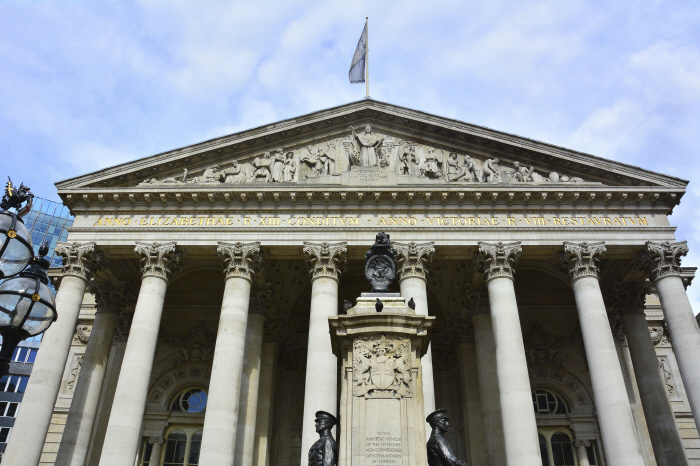The U.S. central bank held fire on its first rates rise in more than nine years. A rate rise is not expected to happen until next year in the wake of a global stock market sell-off triggered by economic turmoil in China. As a consequence of the "dovish hold" from the Fed, U.K. rate hike expectations have been pushed further back into 2016.
MPC concerns regarding the international backdrop have risen considerably and this was largely echoed by the Fed last week. Global growth concerns were sufficient for the Fed to stay on hold in September and will matter for the BoE. Much will also depend on how the UK data evolves over the coming weeks and whether the MPC echoes the Feds concerns about global growth when the Minutes are released on 8th October.
"The BoE will hike by 25bps in February, they readily concede that this is now a very close call and is contingent on whether the Fed will hike in December", says BoFA Merrill Lynch.
A combination of tough export environment (highlighted by fears related to slow growth in the Eurozone; the UK's largest trading partner) and GBP strength has begun to take its toll on the UK economy. UK manufacturing production dropped by 0.8% m/m in July, a worse than expected. Goods exports decreased by £2.3 billion to £22.8 billion in July 2015, the lowest export figure since September 2010.
BoE will remain cautious, monitoring the recent turbulence in the stock market, troubles in China and Asia, as well as concerns over the health of other major emerging markets and the resulting volatility in commodity prices, which could all create further headwinds for the U.K. economy.
Markets now believe that the BoE will wait for confirmation from the Fed before it takes the first step towards policy normalization. UK rates markets are now pricing in a Q4 2016 lift-off. Fed's decision may incentivize the ECB into action in October with an announcement of an extension of the QE program beyond September 2016. The October rate meetings for both the BoE (8th) and the ECB (22nd) will be the next focal points for markets.
The policy divergences still suggests a weaker path for EUR/GBP over the coming year, but the starting point for that process is obviously higher. The risks are that they sound equally dovish which could put GBP under further near-term pressure.
"In the immediate aftermath of the Fed, GBP may struggle to gain traction particularly if markets interpret the decision as another growth scare and trade in a risk off fashion. We adjust our projections slightly, looking for EUR/GBP at 0.71 at year-end", notes BoFA Merrill Lynch.
Sterling was trading near a one-month high against the euro on Tuesday, bolstered by expectations that the BoE will eventually follow the Fed in raising rates in contrast to likely action by the ECB. The euro was slightly lower on the day at 72.12 pence, having dropped to 71.97 pence earlier in the day, its lowest in a month. Against the dollar, sterling underperformed, and was down 0.2 percent at $1.5480.
Risk of a delay in BOE hiking cycle likely if Fed holds rates longer

Tuesday, September 22, 2015 11:20 AM UTC
Editor's Picks
- Market Data
Most Popular



 Nasdaq Proposes Fast-Track Rule to Accelerate Index Inclusion for Major New Listings
Nasdaq Proposes Fast-Track Rule to Accelerate Index Inclusion for Major New Listings  China Extends Gold Buying Streak as Reserves Surge Despite Volatile Prices
China Extends Gold Buying Streak as Reserves Surge Despite Volatile Prices  BTC Flat at $89,300 Despite $1.02B ETF Exodus — Buy the Dip Toward $107K?
BTC Flat at $89,300 Despite $1.02B ETF Exodus — Buy the Dip Toward $107K?  BOJ Holds Interest Rates Steady, Upgrades Growth and Inflation Outlook for Japan
BOJ Holds Interest Rates Steady, Upgrades Growth and Inflation Outlook for Japan  RBA Raises Interest Rates by 25 Basis Points as Inflation Pressures Persist
RBA Raises Interest Rates by 25 Basis Points as Inflation Pressures Persist 






























